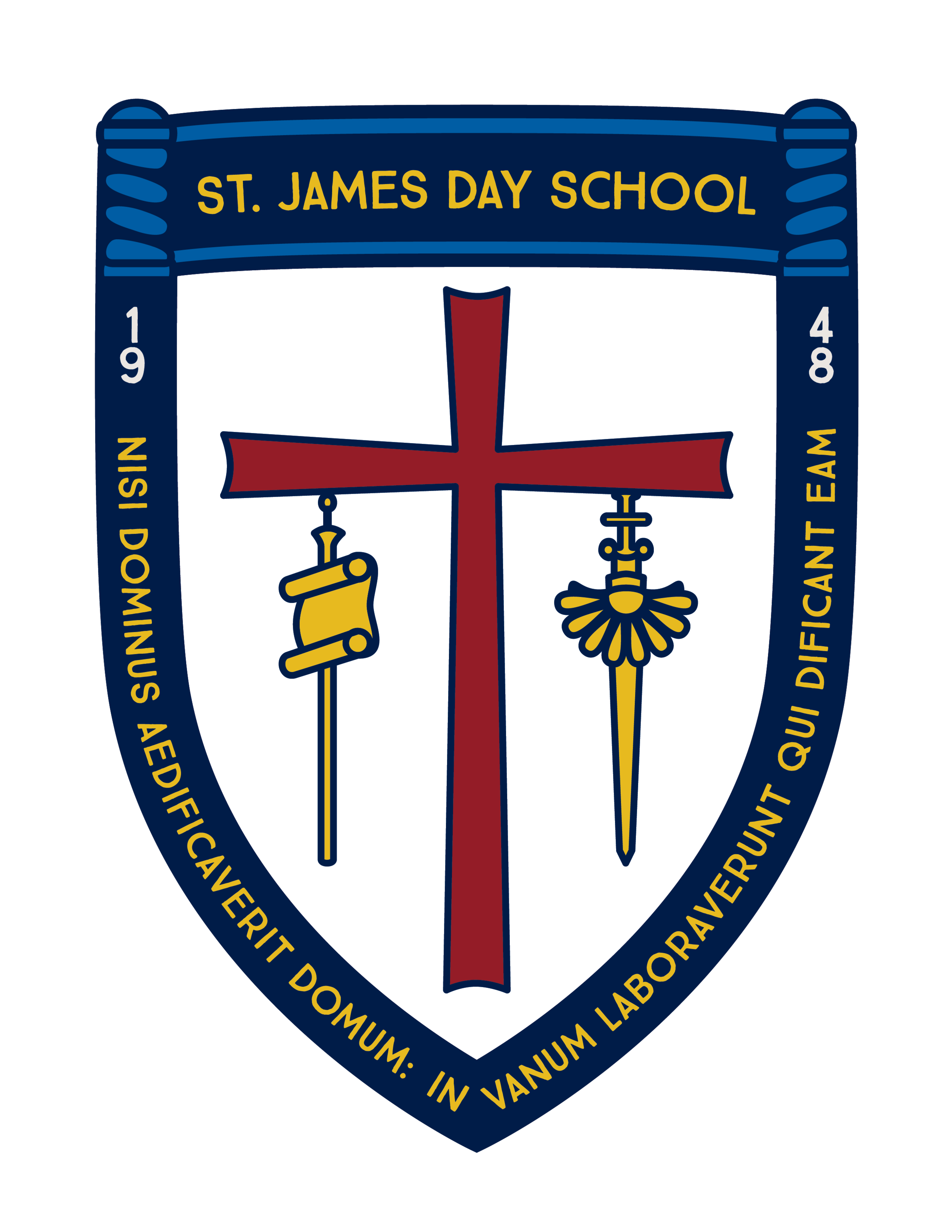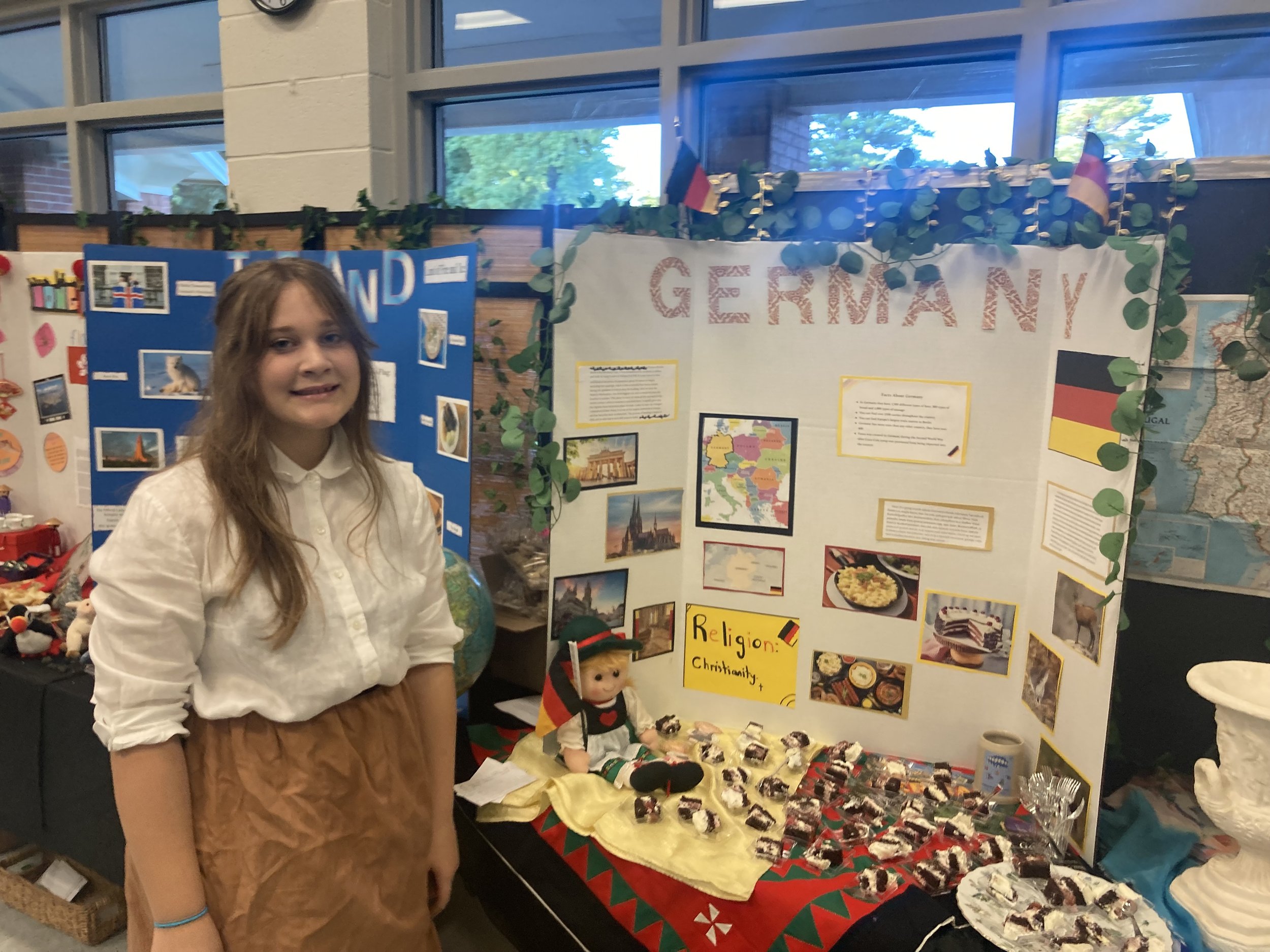By Kandice Kimmel, Latin & History, 5th-8th Grade
Project-based learning involves students designing, developing, and constructing hands-on solutions to a problem. Can you think of a better way to end a study of the Thirteen Colonies than having your students build a Colonial village? The fifth grade students researched daily life of Colonial Americans and the occupations that were needed for survival during Colonial times. Daily life looked much different without indoor plumbing or electricity, not to mention restaurants, entertainment, Amazon Prime, Door Dash, or grocery pick ups!
The fifth grade students researched, built (yes, built! They each constructed their part of the village from the ground up with the help of our extremely talented Mrs. Denise), stocked their station with items from the time period, and shared their knowledge with all of our the preschool, Kindergarten, and lower school students. Every stop in the village provided a presentation, demonstration, and an interactive activity for the younger students to role play and learn by doing. This years Colonial Village included an apothecary, candle making shop, cobbler, general store, farm with farm house and kitchen, and a blacksmith shop.














































